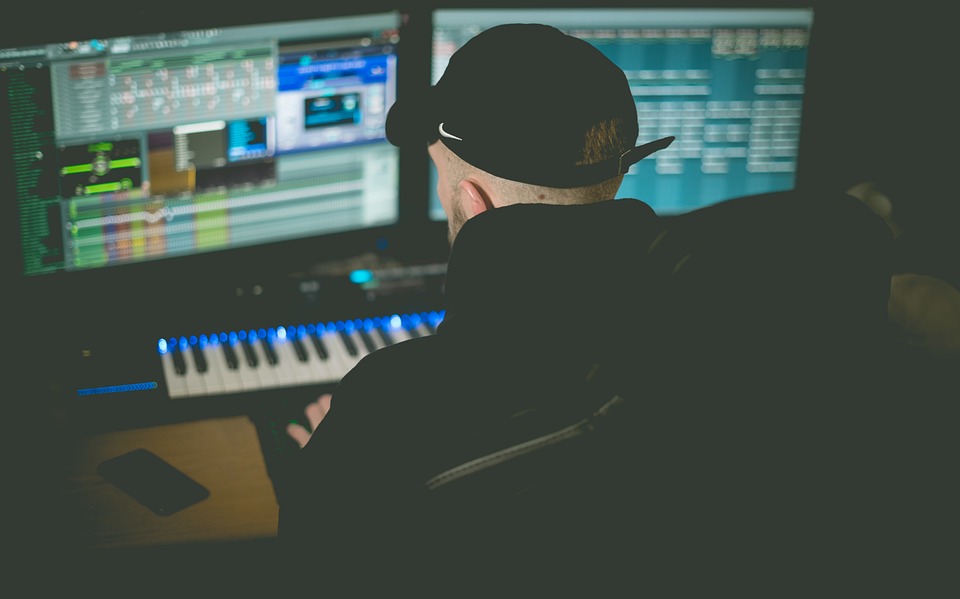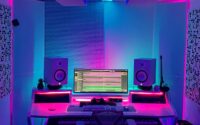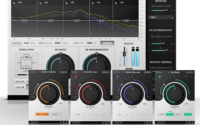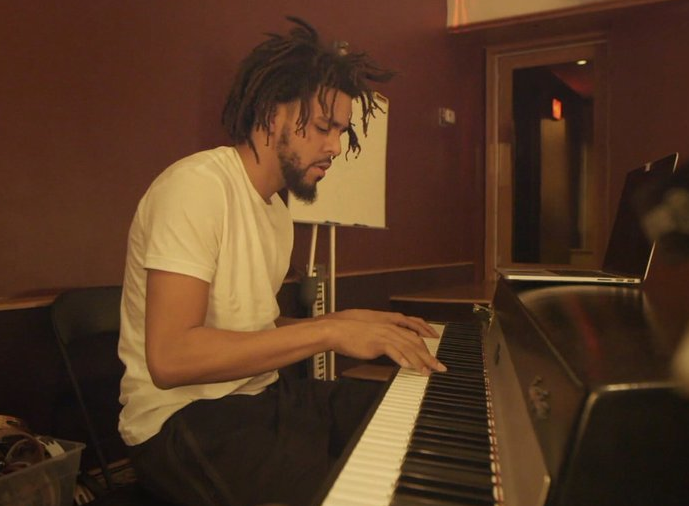What Is A Digital Audio Workstation
A Digital Audio Workstation (DAW) is a system for digital audio recording, editing, processing and mixing.
Its primary function is to enable the creation, production and post-production of a mix that can be later played back on a variety of media.
The term has been used in the recording industry to describe software used for sound recording and editing.
Hip Hop Producers That Use Ableton
The Function and Technology Of A DAW
As mentioned earlier a DAW is often used to record and mix the entire project from start to finish. This process is known as “project-based workflows”, or “trackless mixing”.
Many DAWs offer a range of features. Some of these features include: integrated sequencers for MIDI recording; support for third-party plug-ins; support for surround sound; and tools for advanced audio editing such as multi-band compression and EQ filters.
With a step sequencer and drum machine, you may compose free-form on a timeline or in a LoopBuilder, and then mix it all together to make a polished composition.
You can accomplish this in some of the best music production software on the market like FL Studio, Ableton, Logic Pro, or on a MPC drum machine.
In the early days of music production, it was common for a recording engineer to do everything from start to finish. The recording process was daunting but worth it when you heard the finished product.
Due to the technical limitations at the time, this process involved many hours of manual labor and could take days or weeks to complete.
As computers became more powerful, software engineers started developing DAWs that allowed users to automate repetitive tasks.
This led to project-based workflows where users can record audio and MIDI data in real-time using virtual instruments, as well as create complex arrangements using prerecorded tracks from other sources such as CD-ROMs or MP3 files on a hard drive.
How Producers Get Their Music On TV and Film

What Are Examples Of A Digital Audio Workstation
There are plenty of DAWs out there for you to choose from. The best advice I can give is to do your own research and purchase one that fits your budget and needs. Below is a list to get you started on your research.
- Logic Pro X
- FL Studio
- Ableton Live
- Protools
- GarageBand
- Reason Studios
- Cubase
How To Get Signed As A Rap Producer
What PC Specs Do I Need For Music Production
The minimum recommended pc/laptop specs for music production are:
- A minimum of 2.4Ghz quad-core processor power (i5, i7)
- At least 4GB of RAM
- A 64-bit operating system
- A minimum of 500GB of internal storage (HDD or SSD)
- A 13″ screen
You shouldn’t try to penny pinch when it comes to the processor. The CPU has an impact on the computer or laptop’s overall performance and speed, so you should choose the best one you can.
A rapid processor can export and output music quickly, keeping up with live performances. You should ideally have a quad-core (i5 or i7) processor with a high clock speed of no less than 2.4 GHz.
How To Write Your Music Producer Contracts
How Much RAM Do Your Need
The amount of RAM, or random-access memory, controls how many tasks your computer or laptop can handle simultaneously. 16GB is quickly becoming as the new standard for individuals who want to take their music creation seriously (some are even opting for 32GB of RAM these days).
RAM use increases significantly when using VSTs, sound libraries, or WAV files, thus producers must pay close attention to this specification.
You’ll want more Memory the larger the project. The majority of laptops (and almost all PCs) allow you to expand your Memory, so even if you choose 16GB today, you may upgrade to 32GB later on if you so want.
8GB of RAM is sufficient, although 16GB is advised in this case.
Sponsor: PC Audio Labs



